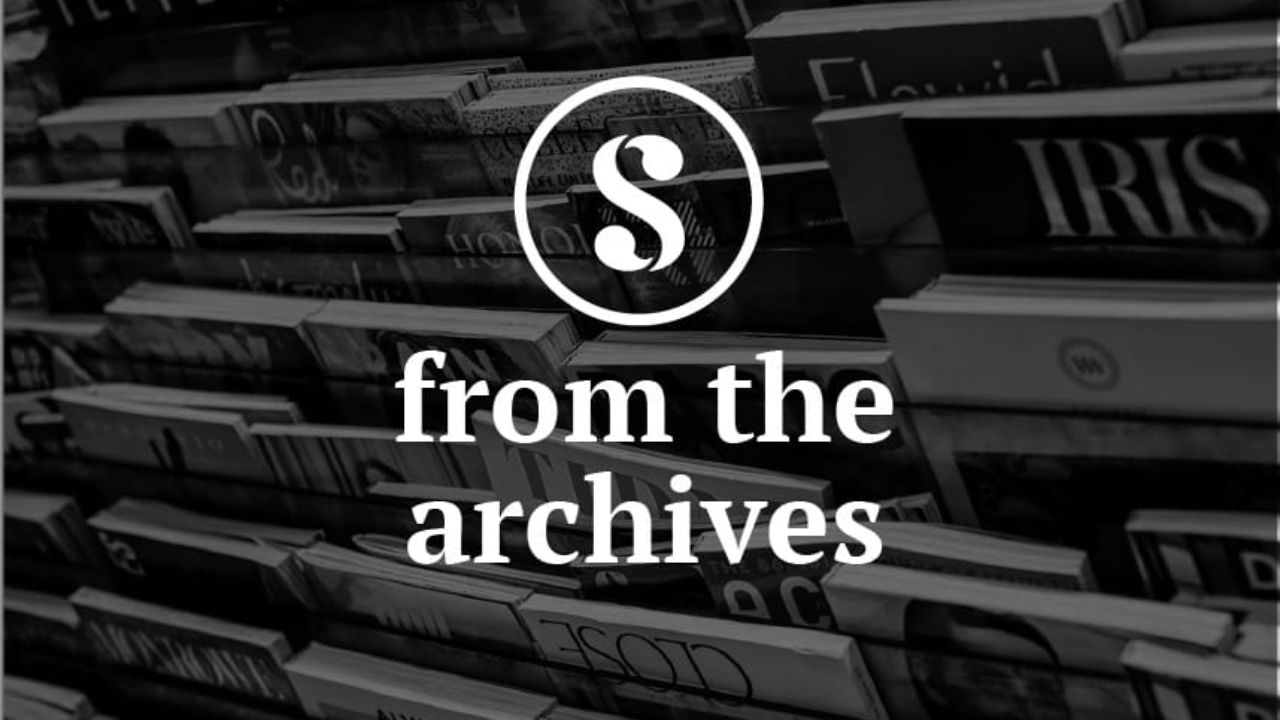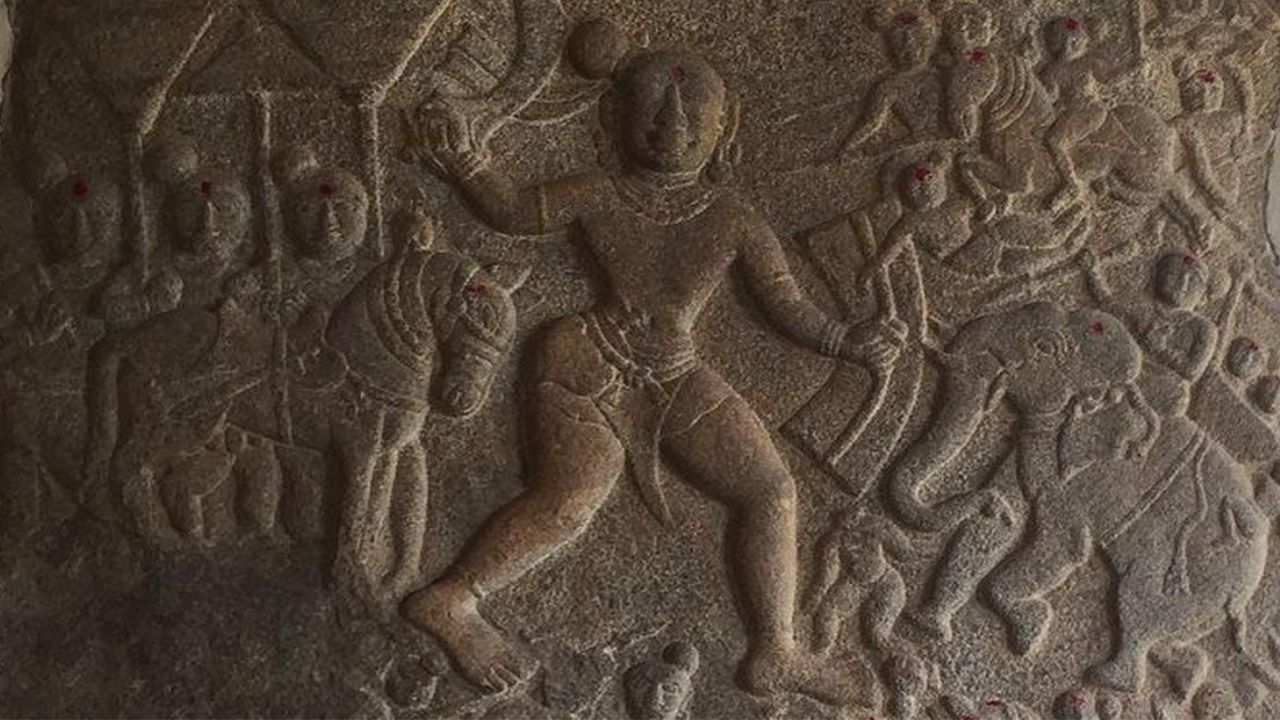
Snoops for Sale
Read More
Sanity Break #1
Fans of dreadfully trashy TV rejoice! Paris Hilton has a cooking show—with Kim Kardashian as her “sous chef.” Need we say more?

Headlines that matter
Check out this edition for the most important stories from around the world today!

Sanity Break #2
The annual IPPA Awards honours the best photos taken on an iPhone or iPad. The first place for photographer of the year went to Sharan Shetty for this lovely image taken on an iPhone X in Azerbaijan, titled simply ‘Bonding’.

Reading Habit
Our books editor Anushree Kaushal has a list of cool literary reads and subscriber Shalini Singh recommends some thrilling true crime!

Feel Good Place
Need an immediate pick-me-up? We have you covered! From hilarious animal clips to stuff that’ll make you go “lol why?!”, we have all you need to keep you sane on even your worst hair day.






